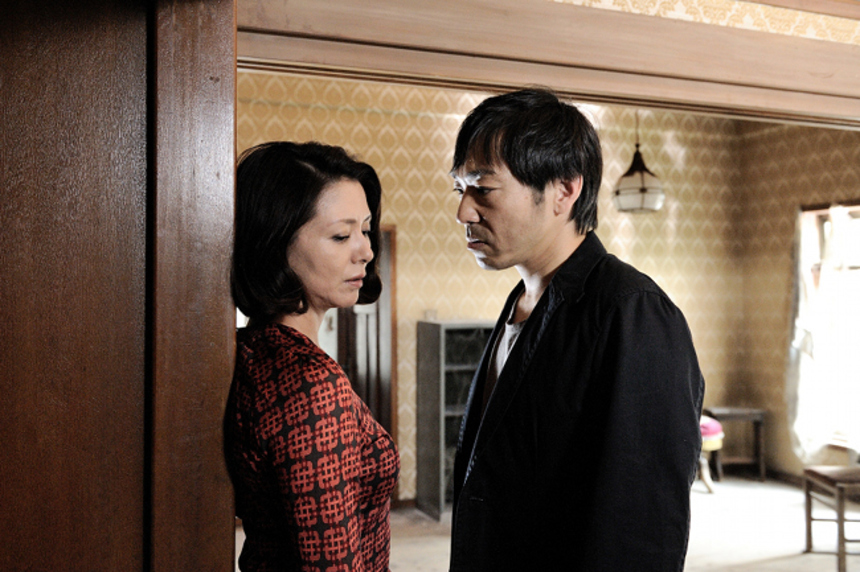TIFF 2012 Review: PENANCE Is A Soapy But Intense Study Of Grief

After several long years away from the genre territory which made his name Japan's Kiyoshi Kurosawa returns with a dark thriller made to air in five parts on Japanese television. Based on the novel by Minato Kanae - who also penned the source material for Japan's Oscar submission Confessions - Penance takes a somewhat pulpier approach to its material than did Tetsuya Nakashima with Confessions but it is nonetheless a welcome and powerful, if somewhat minor, new work from a true master.
Kurosawa follows a very distinct structure with Penance, one clearly tailored for the television audience and one which leads to a certain degree of repetition when viewed theatrically in a single sitting. Divided into five distinct episodes, each of which clearly labelled as such, each focuses on one of the principal quintet - Emili's four friends and her mother - and the consequences the childhood violence has had on each of their lives. There is Sae, who has retreated into a sort of fearful half life terrified of all men. There is Maki, a school teacher whose cold exterior struggles to contain an inner urge to violence. There is Akiko, who has retreated into the life of a shut in. And there is Yuko, seemingly left completely amoral and out only for herself. Each episode takes us through their adult life with Asako turning up at some point to remind them all of how bereft she still is before things spiral into some ultimate tragedy. Only the fifth episode varies from the formula, telling Asako's story and revealing a hidden history.
The episodic structure works against Penance when viewed in a single sitting, Asako coming off as a very single note character throughout the first four episodes before being given any chance to develop at all into anything deeper. The subsequent lives of each of the four girls are also veritable catalogs of neurosis, each seemingly more extreme than the last. It's a structure that would work perfectly well with episodes spaced out over multiple viewings but taken in a block it becomes a predictable cycle of misery before Kurosawa blows up the formula in episode five.
But, that said, taken on their individual merits each episode is meticulously well constructed and beautifully performed. Kurosawa has always been a director fascinated with the consequences of isolation and Penance plays right into those strengths. Each episode reinforces that violence and tragedy are not isolated events, that one moment can have consequences that reach deep into the lives of many for a great many years.
Though not up to the standards of Kurosawa's best work, Penance is certainly an intriguing and worthwhile investment of time and effort. The lengthy run time - roughly four and a half hours - makes it an unlikely candidate for distribution outside of Japan but should it one day arrive on home video it will make for rewarding viewing in the format and style it was originally created.

Do you feel this content is inappropriate or infringes upon your rights? Click here to report it, or see our DMCA policy.






